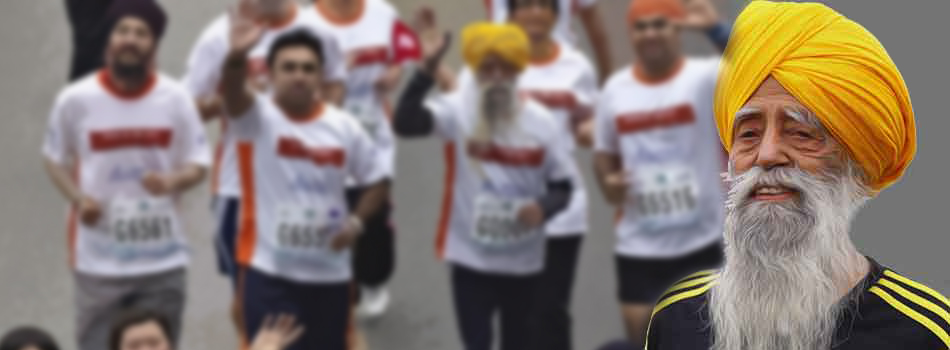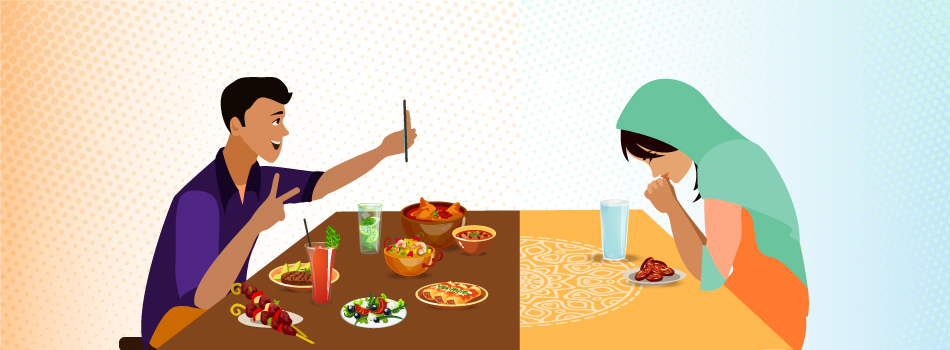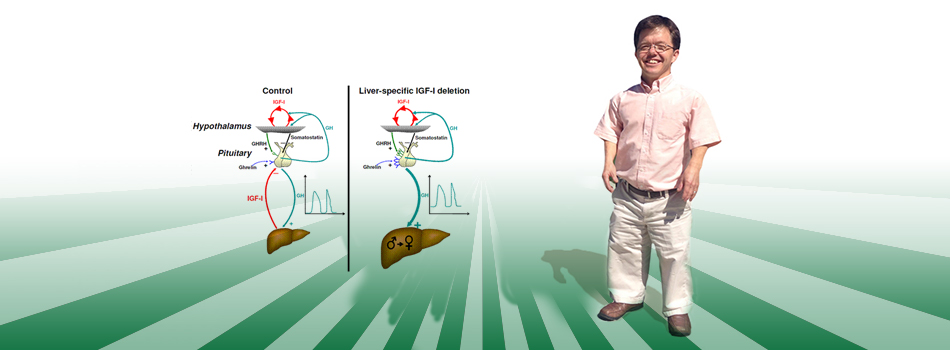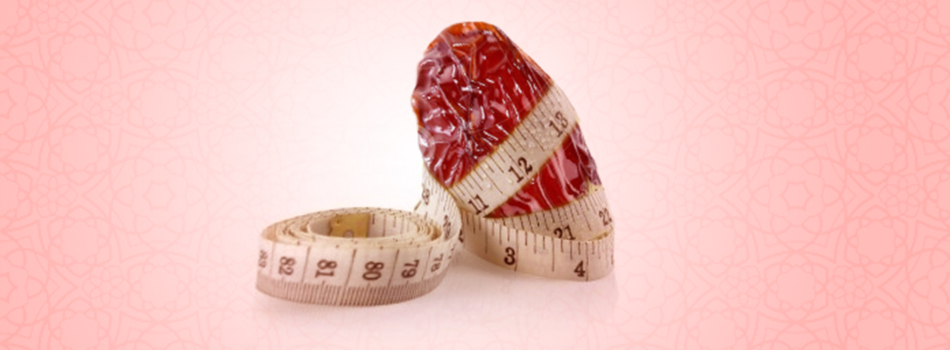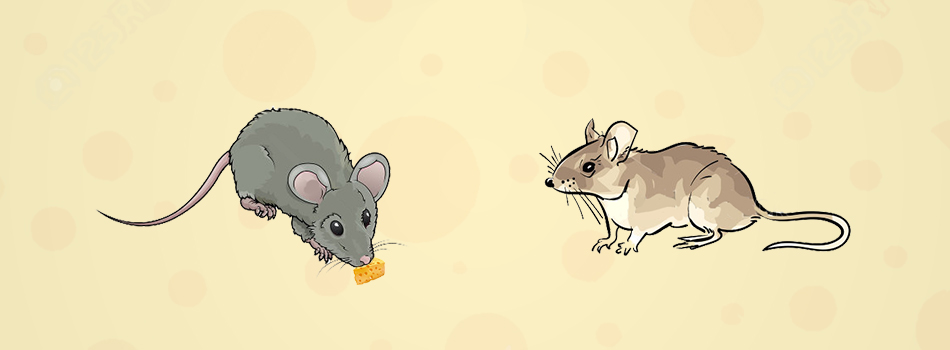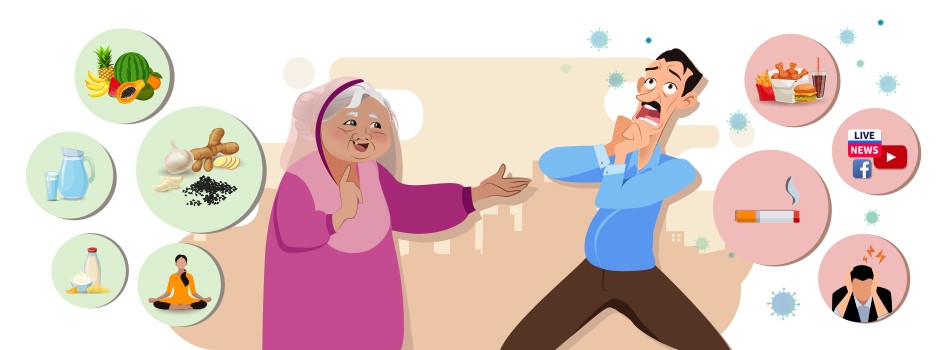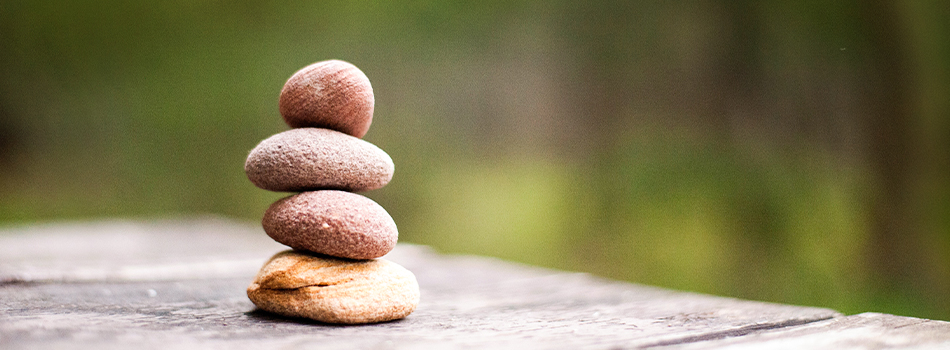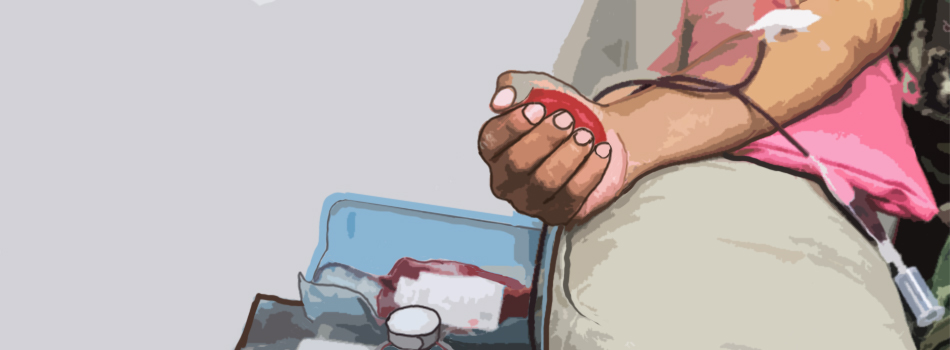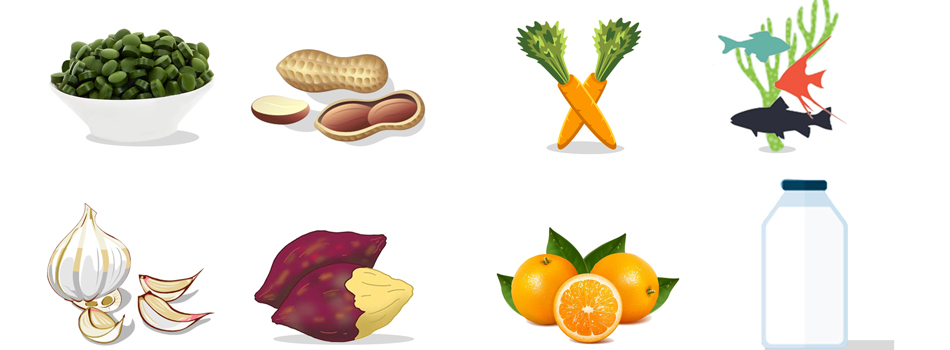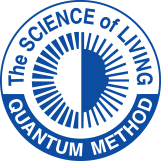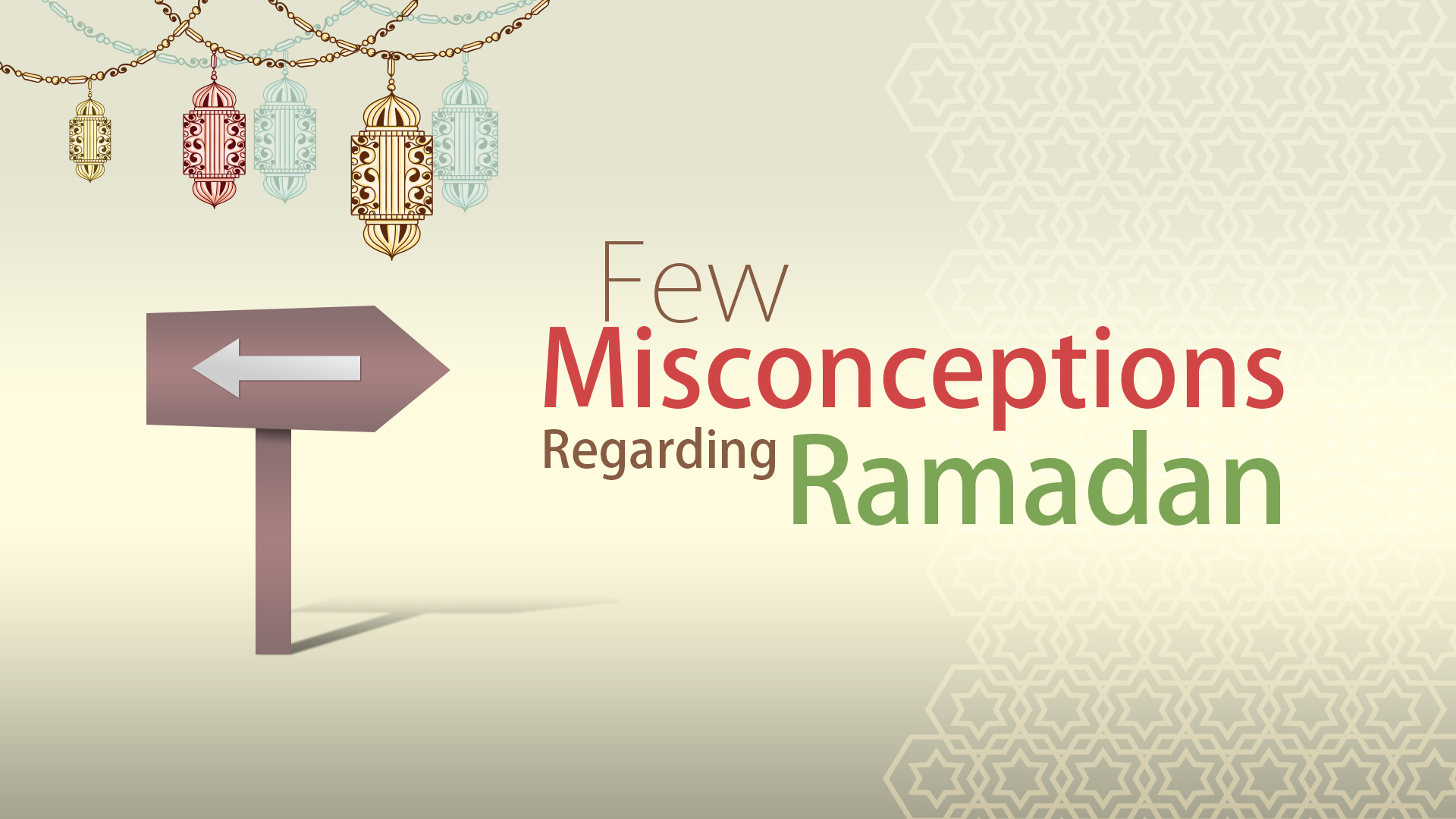
Few Misconceptions Regarding Ramadan
published : 16 June 2016
Ramadan- a part of Muslim culture now, started as a guidance for the Muslims as Sawm for hundreds of years. However, like all other cultural parts, a lot of misconceptions have been passed on, alongside, in all these years; which is straying us from the true essence of Ramadan as well as depriving us from its physical, mental and spiritual benefits. Clarifications of such misconceptions are given below:
Ramadan weakens your body

In general, a lot of people tend to think that Ramadan weakens their body since they don’t get to eat anything for the whole day. This thought frightens a lot of people, especially those who consider themselves weak already, and makes them avoid fasting as a whole. There are some others who fast for first few days then ‘recess’ for the rest of the month. And also others who take intervals between fast days during Ramadan.
But, in fact, Ramadan enhances your strength and energy. We are rather, pushing ourselves towards fatal diseases through the all-time-eating-habit- as per the scientific researches. Let’s elaborate the concept.
There’s this IGF-1 (insulin-like growth factor-1) hormone responsible for the growth in human, which keeps on signaling to produce new cells and make it keep growing. In this “active-mode” the body can’t spare enough time to repair the old cells, and keeps on producing new ones.
And the more you eat, especially food high in protein, the more the IGF-1 is produced. And when the body doesn’t get enough rest, continuing to make new cells- diabetes and other fatal diseases tend to develop in the body. The scientist have discovered the link of several cancers like breast cancer, prostate cancer, colon cancer, with IGF-1 .
And therefore, nutritionists and researchers have suggested to abstain from food, i.e. fast, every once in a while. It was found that only a three day of prolonged fasting reduced the IGF-1 by 50%, which reduced his risk of developing any kind of cancers.
Eating a lot in Sehri
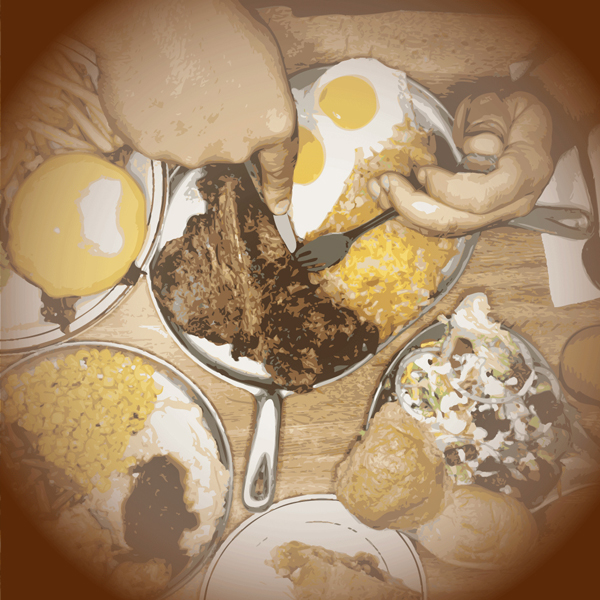
Many of us think that we’d have to stay away from food for such a long day, so it’s better to eat as much as we can before the fast starts. Therefore, we have this tendency to eat a lot of food during Sehri- making our tummy full with beef, fish, chicken, rice, veggies, milk, fruits, dessert and anything that we want. But, to be every honest, nothing could be more unhealthy than this practice during Ramadan.
Firstly, since you can’t have water during fasting, eating a lot would make you thirsty. Especially, the protein ones, as it requires a lot of water to digest. Therefore, eating these kind of food at Sehri would make you more thirsty and uncomfortable throughout the day.
Secondly, there’s hardly any relation between eating a lot and staying healthy. Fauja Singh, who is now 105 years old, earned the title for the oldest Marathon Runner at the age of 101 years old. His last run till today was in Honk Kong Marathon, of 10 km, in 1hr 32mins, at the age of 102. He never had to go through any surgeries, heart diseases, neither does he take any medication.
He believes the mystery of his healthy long life is due to his diet. If you are thinking it’s some kind of special diet, you are wrong! His diet is rather very simple like an ordinary Punjabi farmer, with fresh, raw fruits- vegetarian diet. But the mystery is the amount, the quantity of his regular food intake, which is equivalent to a child portion of food, i.e. half the amount of calories that a fully grown man would take.
Ramadan and Fasting is harmful for diabetics
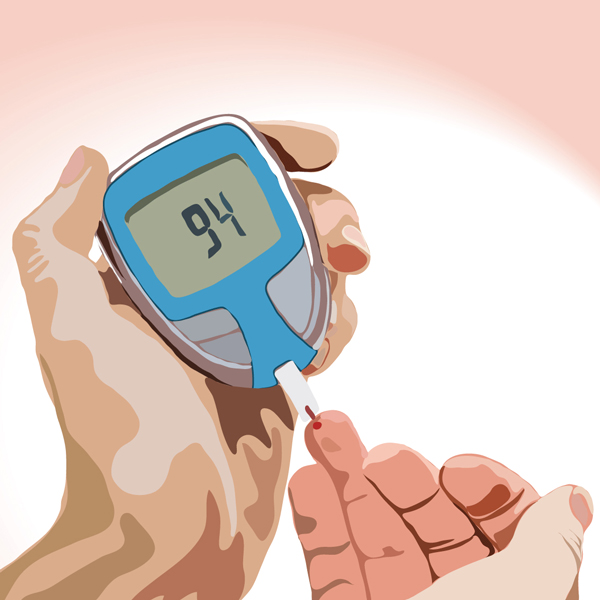
Many people have doubts regarding the issue that if the diabetics could fast during Ramadan, since they need to follow particular rules and routine in respect of their diet and medicines. But the researches done, shows something quite different than the doubtful belief.
But before that we must understand the overall concept of the disease- diabetes. In other words, diabetes is basically the consequence of underproduction on insulin in the body, i.e. your body is unable to produce enough insulin to store the extra glucose, resulting in high blood sugar level. And this happens because the cells become insulin resistant due to the initial ‘over-production of insulin’, when you ate a lot.
A research conducted in respect of this, by Dr. Mark Matson- the head of neuroscience laboratory of national institute of aging, suggested that fasting can provide great results in regards with this. He used a bunch of mice in his research. He divided the mice into two group, where one group was fed with high cholesterol diet like fast food and high sugary drinks, and the other was on restricted diet.
It was discovered, that the mice that were on restricted diet had a reduction in insulin production which made their cells more sensitive increasing their metabolism. And the body which goes through this state has a lot less risk of diabetes.
You Can’t Fast if you are Suffering from Ulcer
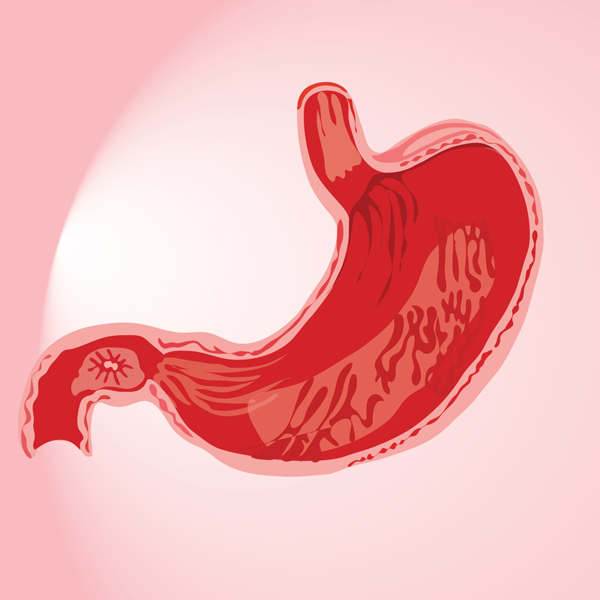
The ulcer patients believe that they can’t perform fast. Since, a long time of abstaining from food could increase their ulcer. But, on the other hand, fasting actually is a very good remedy for some types of ulcer, like peptic ulcer. The acid that is secreted after eating, that causes a lot of pain and problems regarding peptic ulcer, gets reduced due to the abstinence from food.
There’s no limit to food intake during Ramadan
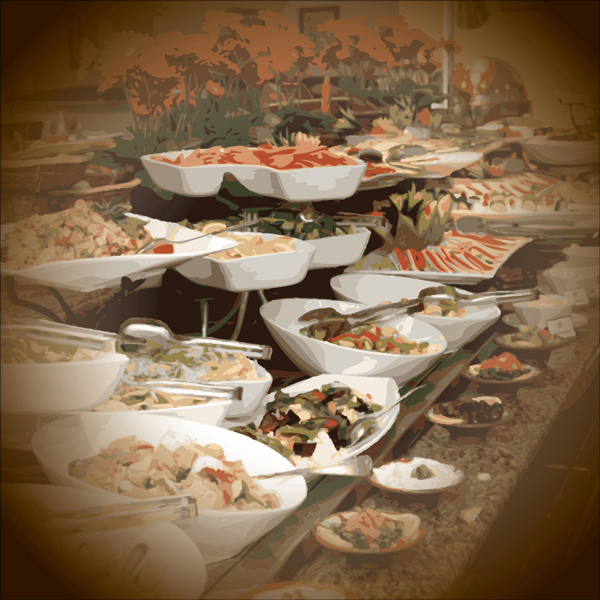
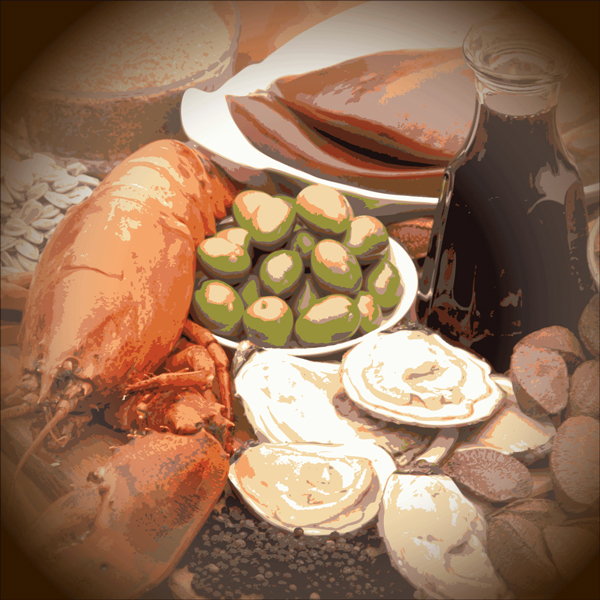
There is a popular belief that there is no restriction for consumption of food, which implies that Muslims can have anything they want from Iftaar to Sehri during Ramadan, if that’s Halal(lawful). They believe that religion has excused them from that. And the result of this belief is they tend to eat a lot more during Ramadan than they eat in usual. If they ate twice a day (because a lot of people skip breakfast or lunch or have very little in those times), in usual; then, in Ramadan, they would make it thrice a day.
They tend to eat full stomach in iftaar, some more food for dinner, and afterwards, much more food for sehri. The month of Ramadan, that was supposed to be the month of abstinence and moderation, becomes the month of abundant celebration with high increase in expenditure, lead by the increase in price of products. And the businessmen, taking advantage of the situation, arranges for Ramadan festival, iftaar festival etc. It shows that we have turned this religious month of sobriety, of temperance into some kind of food fest.
But what does the religion say? The Arabic for Ramadan is Sawm, which means abstinence, in other words, it clearly implies that this is the month of abstinence and moderation. And this doesn’t just imply to food, but also to thoughts, behavior-everything. Therefore, logically, this month was supposed the reduce the appetite of the person, along with weight and the expenditure for food. If that doesn’t happen, then there must be something wrong with his perception regarding the true concept of Ramadan.
Sehri and Iftaar Party
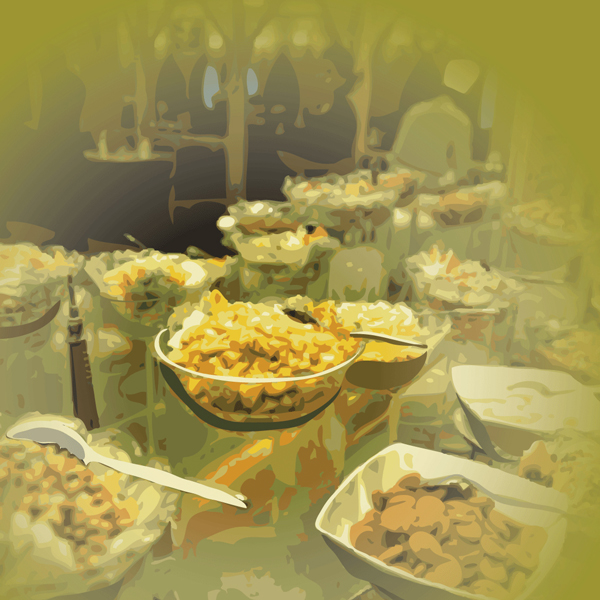
Enslaved by the consumerist society people are bound to consume goods and products in the name of status, wealth, determining how well off they are! And the new addition to this process is luxury of food, making us gastronomes. Visiting various expensive restaurants with friends and family, and eating buffet dinners, lunch and other kinds of junk food, and most importantly, uploading pictures on Facebook afterwards, is the new method to express status, to show off, but without words.
And the Iftaar and Sehri parties are just the religious version of the same ridiculous trend or practice. What could possibly be the connection between the luxury food and religion!! Have they forgotten or don’t they even know, the actual practice in our religion- how Prophet(PBUH) performed his Iftaar?
As Hazrat Anas Ibne Malik (R) explained, Prophet (PBUH) used to break his fast (do his iftaar) with raw dates, if they were not available then he would go for dry dates. And if there were no dates at all, then he would break his fast with just water. And then he’d pray the Maghrib prayer.
And the most recent addition to this trend is the Sehri Party. The rich and posh hotels of the classy areas are kept open at the hours of Sehri, but not for the unfortunates who can’t offer their sehri at home and are bound to do it outside; rather, for the spendthrift and wasteful rich people who come to offer Sehri with their family, again, to show off of their delusional status.
Hazrat Anas Ibne Malik (R), said about this as well, that ‘once, Prophet (PBUH) came to him, and asked him to bring him some food for Sehri, as he intends to fast for the day. Anas (R) brought him some dates and water, which was gratefully accepted by the Prophet.’






